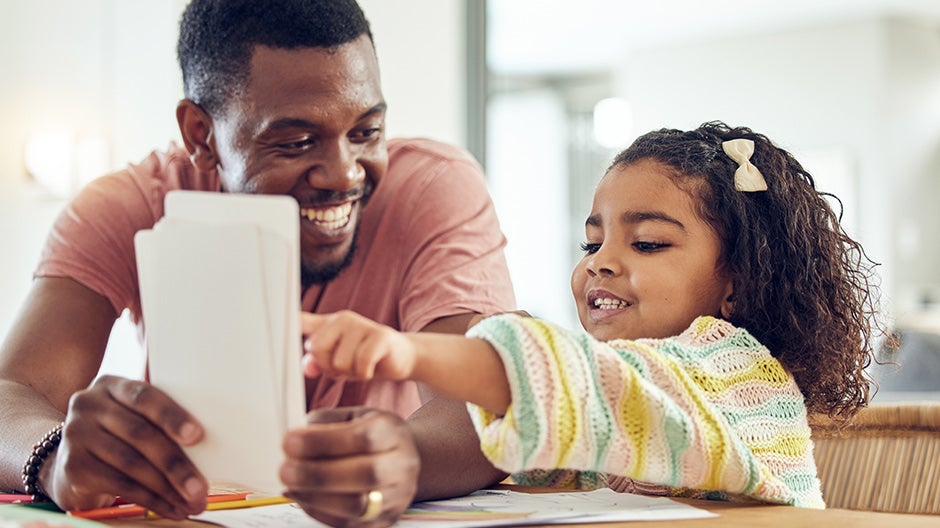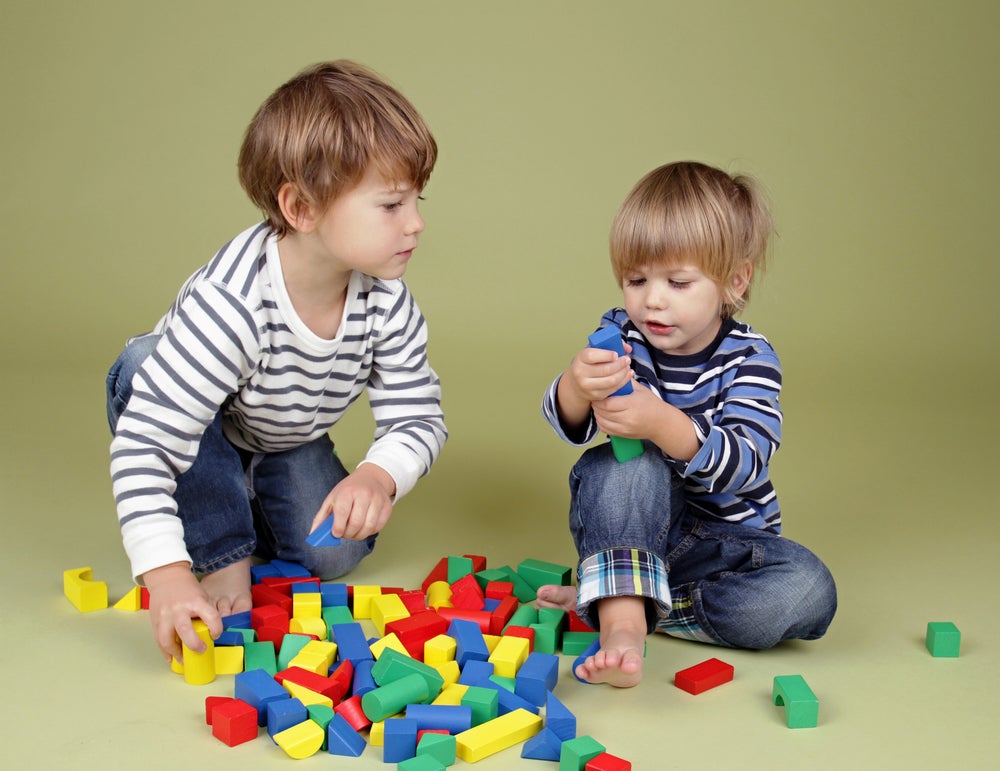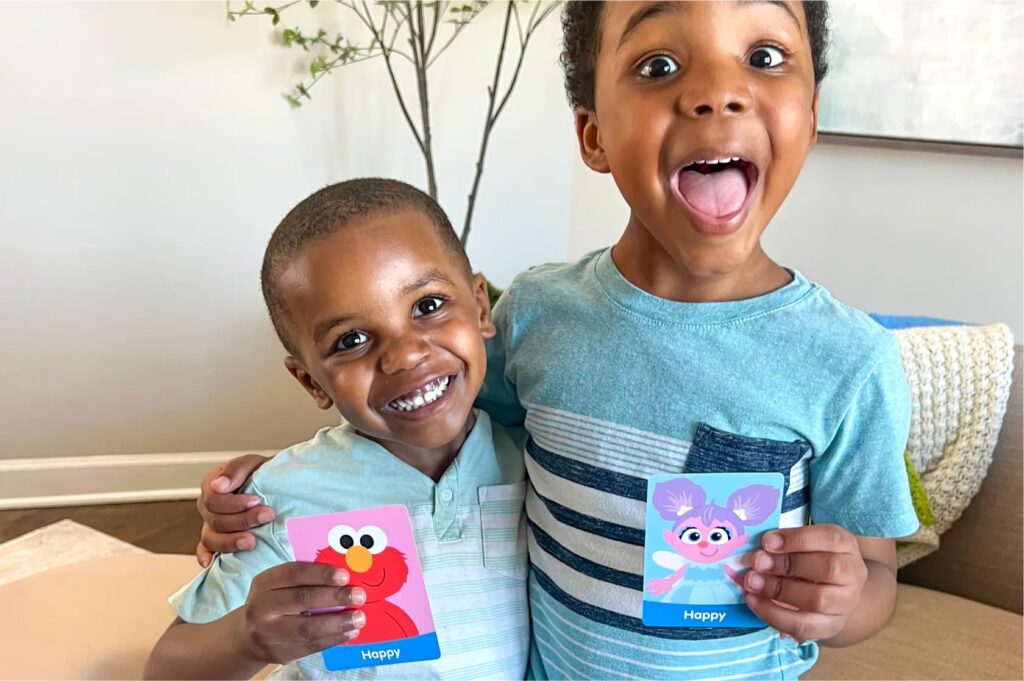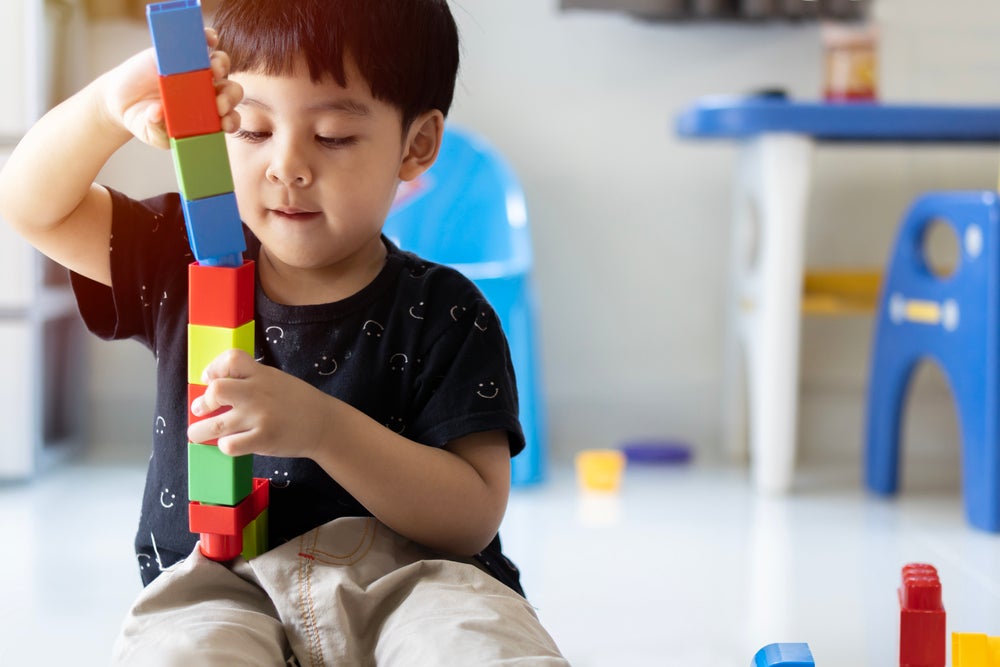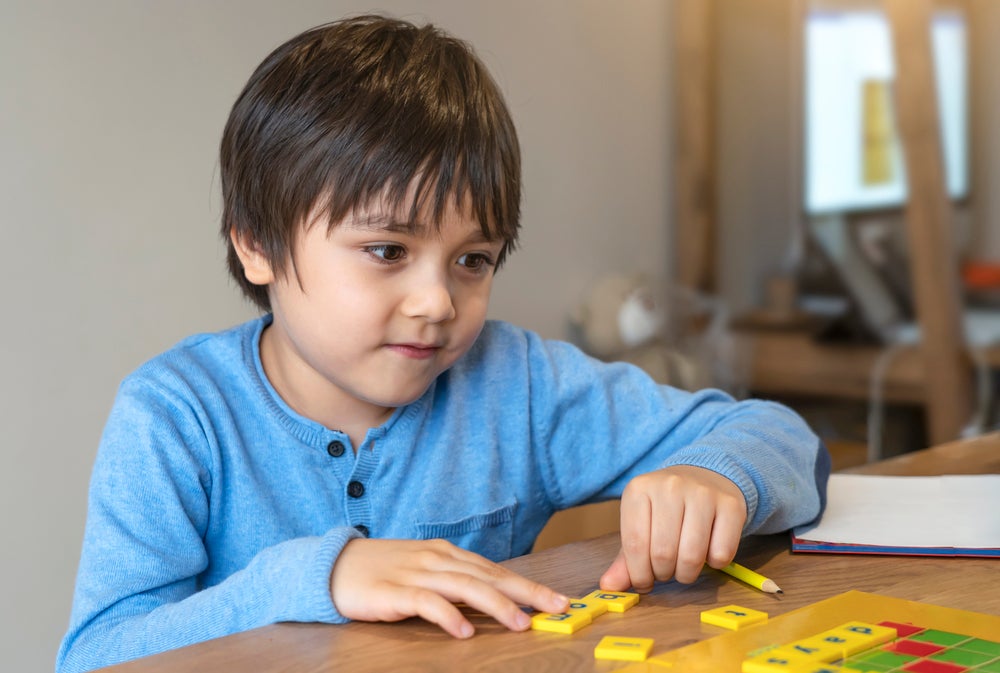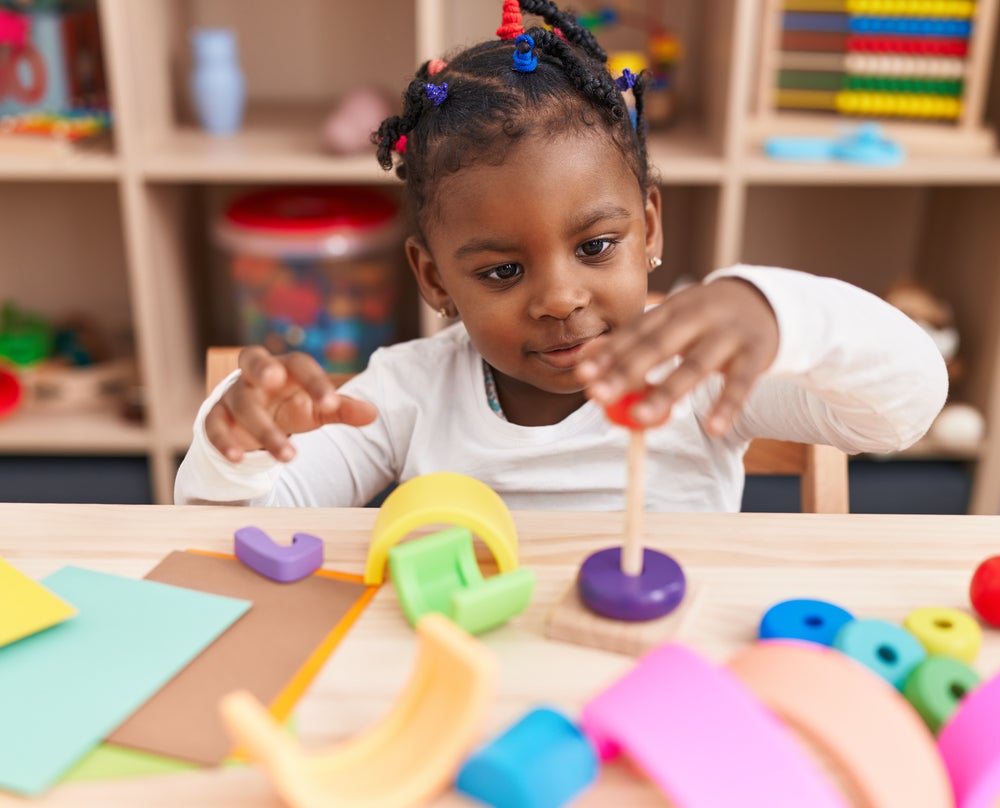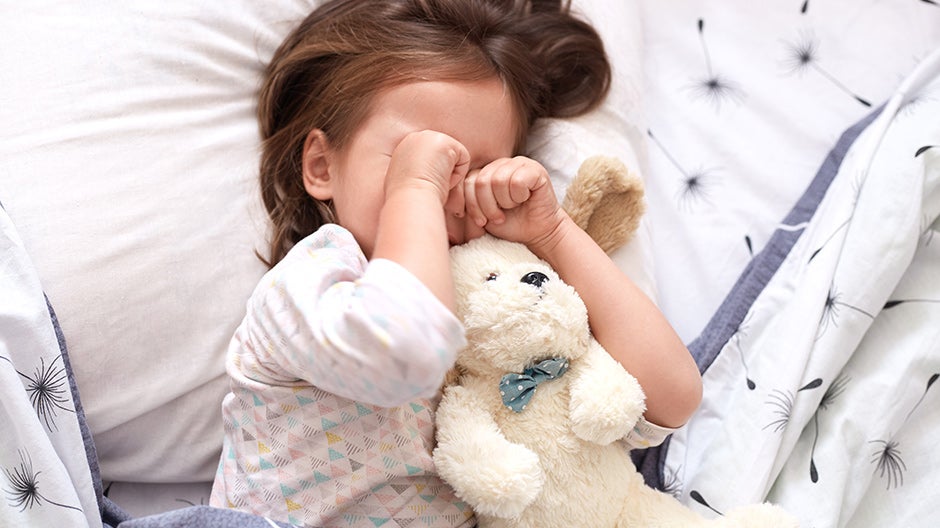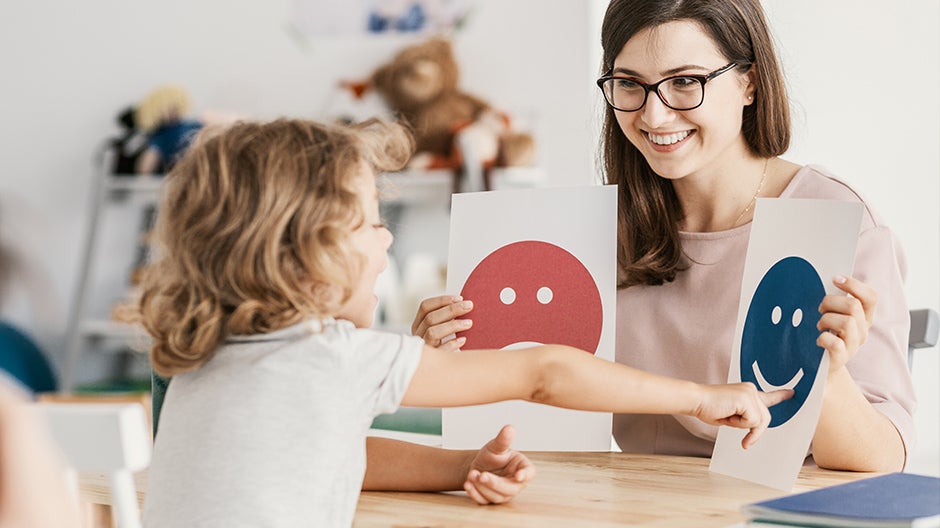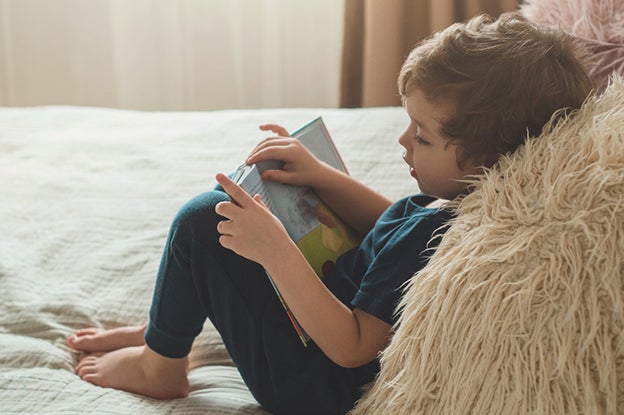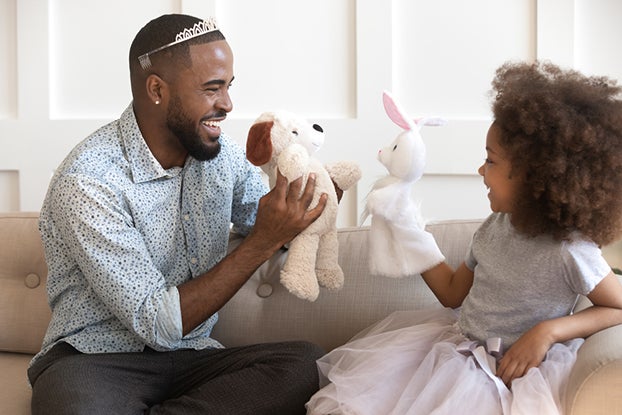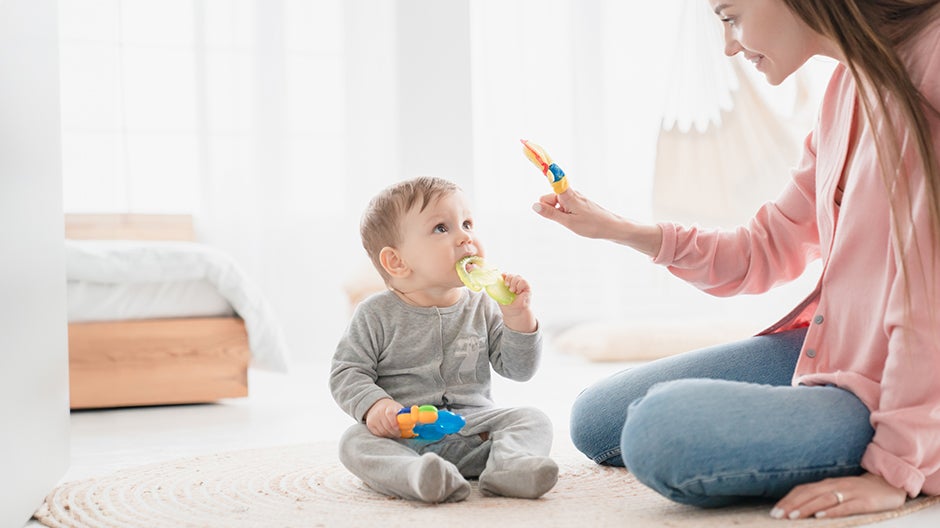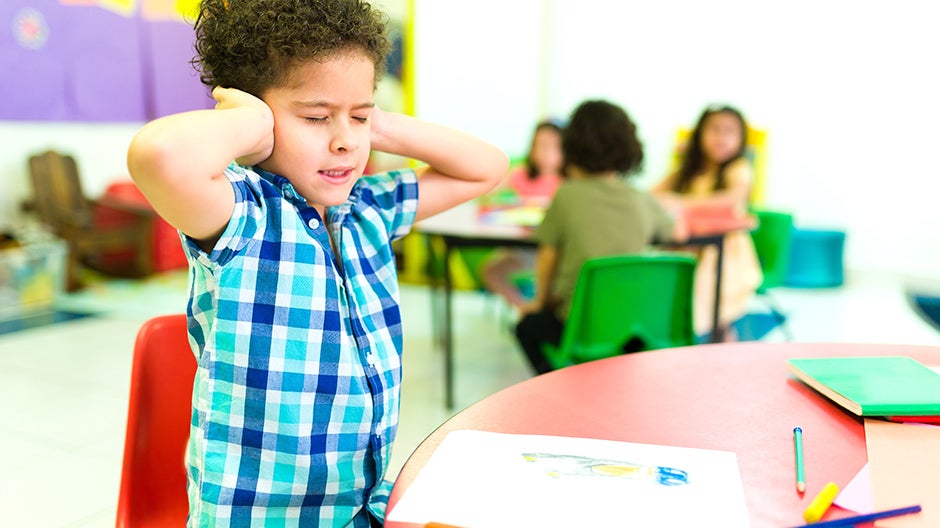When you imagine your child thriving in high school or as an adult, what do you see as the path that brought them there?
Does it start with them collecting rocks on a walk with you now? How about pointing at a picture book and naming emotions? Cooking together in the kitchen?
Their early childhood education—whether it’s what they do in preschool or daycare or what they do at home with you—has important impacts down the road.
Rock collecting can lead to them being more curious in high school. Naming their emotions prepares them to build strong relationships. Cooking can teach them critical thinking and early math skills.
Wonder why, and how you can be an integral part of creating a positive early learning impact on your child? We’ve got some answers for you!
The Short Cut
- Early childhood education, both formal (daycare and preschool) and informal (at home, museum exhibits, library reading hour), is an important part of setting kids up for long-term success
- When kids have high-quality learning experiences in early childhood, especially when combined with secure attachments, they’re more likely to graduate high school, less likely to end up in the criminal justice system, are healthier as adults, and earn more over their lifetimes
- Kids encouraged in Begin’s 5 C’s (Core Skills, Creativity, Critical Thinking, Curiosity, and Character) as part of their early childhood learning experiences are more engaged in school and score better in reading and math
- Begin offers a play-based learning membership rooted in the 5 C’s, delivering learning at the right time and in the right way for every child
7 Reasons for the Importance of Early Childhood Education

Offering your child a rich early childhood education gives them the opportunity to fall in love with learning before they go into their first classroom. It also takes advantage of the flexibility of their brain to get them primed for later learning.
Early childhood education is so important that the United Nations recognizes it as a dedicated target in its Sustainable Development Goals. Target 4.2 specifically asks countries to “ensure that, by 2030, all girls and boys have access to quality early childhood development, care and pre-primary education so that they are ready for primary education.”
Some of the biggest reasons early childhood education is important include:
1. Shaping Growing Brains
Children’s brains develop at an astonishing rate between birth and eight years old.
During these years, their brains are changing rapidly. They respond to their environment and experiences with the creation of billions of neural connections.
A rich early childhood education shapes that environment and those experiences in a way that promotes lifelong learning. When kids have healthy, positive, and stimulating early years, it shapes their minds in ways that lead to long-term well-being.
2. Building a Foundation for Literacy and Numeracy
Literacy and numeracy sound like advanced skills—and they can be!—but working on them with even very young kids isn’t outside of your reach.
Activities like reading books to your child and making up stories together are part of literacy preparation. And playing music, doing puzzles, and counting everyday objects as part of your daily routine are precursors to numeracy.
Having those basic pre-writing and early math skills at school entry sets kids up for long-term academic success.
3. Discovering Learning Challenges and Needs
Some kids are naturally drawn to math concepts or fast to pick up the meaning of phonemes. Others emotionally regulate themselves more easily outside than in your home. And many kids struggle with executive functioning (skills like paying attention and following directions) or with aspects of language.
The earlier you begin to identify your child’s particular skills and needs as they relate to learning, the sooner you can help them find opportunities to practice what they’re good at and help them learn how to face challenges. These skills, in turn, help them throughout their lives.
4. Nurturing Social and Emotional Skills
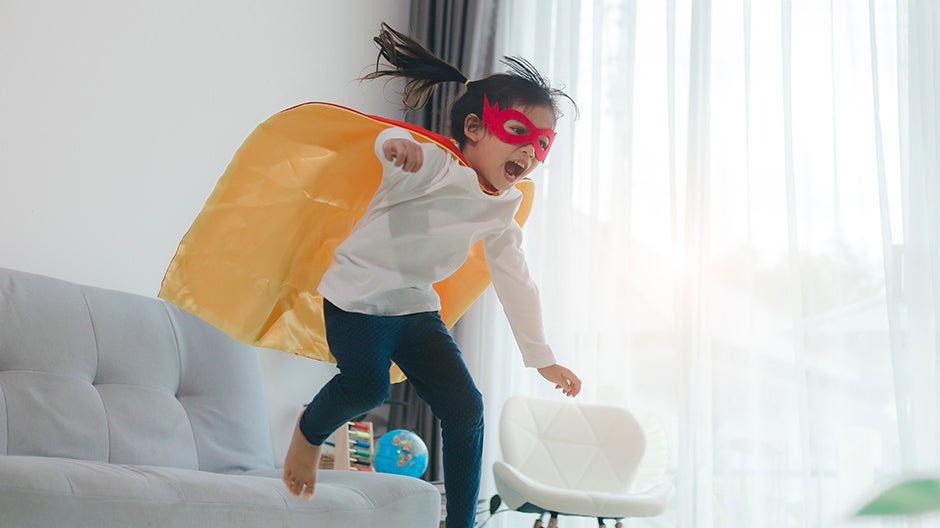
Whenever you’re dressing up and role-playing with your child, taking them to the park to meet peers, or giving them a chance to practice collaborative play at daycare or a playgroup, you’re encouraging your child to develop social skills. This helps them develop meaningful relationships at all ages.
And if you help your child identify and express their feelings, you’re paving the way for better relationships, improved conflict resolution, and empathy.
5. Establishing Secure Relationships
As your child practices their social skills with you, they’ll also be forming relationships with various other people in their life, like friends, teachers, and neighbors. As these relationships grow, your child may begin to feel a sense of safety and develop trust with these people.
Developing these relationships at an early age has far-reaching benefits. If your child feels supported and heard, they can begin to work on skills like cooperation and emotional regulation. These skills make learning in a classroom or community much easier.
6. Developing Good Habits
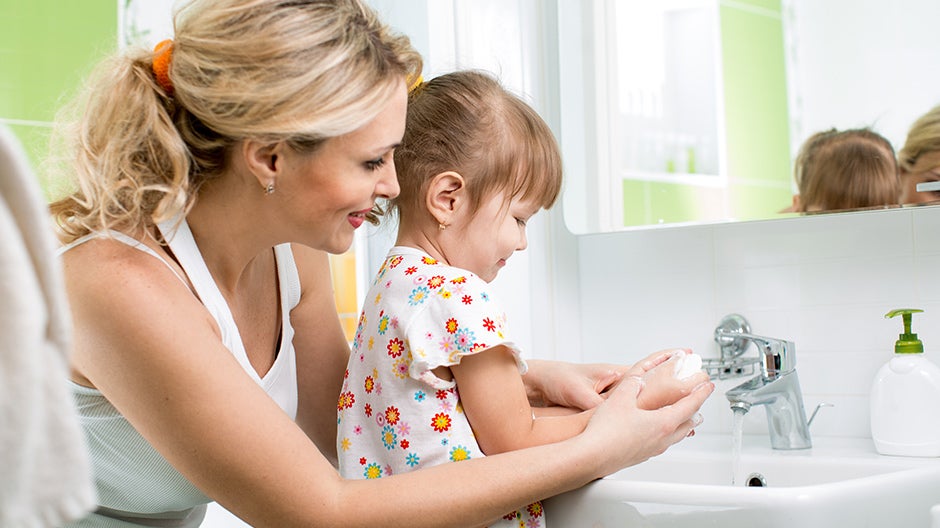
You can add intentional learning time into your child’s day by incorporating it as part of a routine. So you might make a point to use your bedtime reading ritual to talk about characters and their emotions or how the plot of the story is sequenced. Or you might practice counting while washing hands before dinner.
Kids feel reassured by a routine. It can reduce their anxiety because they know what to expect. It can also inspire them to practice independence. For example, if they know you always go for a walk together after dinner, one evening they may finish eating and rush to their shoes to attempt to put them on by themselves.
7. Instilling a Lifelong Love of Learning
Centering your child’s early learning on having fun will go a long way toward cultivating a passion for exploring new things and gaining knowledge. If they enjoy learning at a young age, they’re likely to stay more open to it as they get older.
Helping your child develop motivation to learn is also an important aspect of early childhood education. If they’ve got the internal drive to explore new ideas and try new things, they’ll go far!
The Importance of Early Childhood Education Outside of the Home
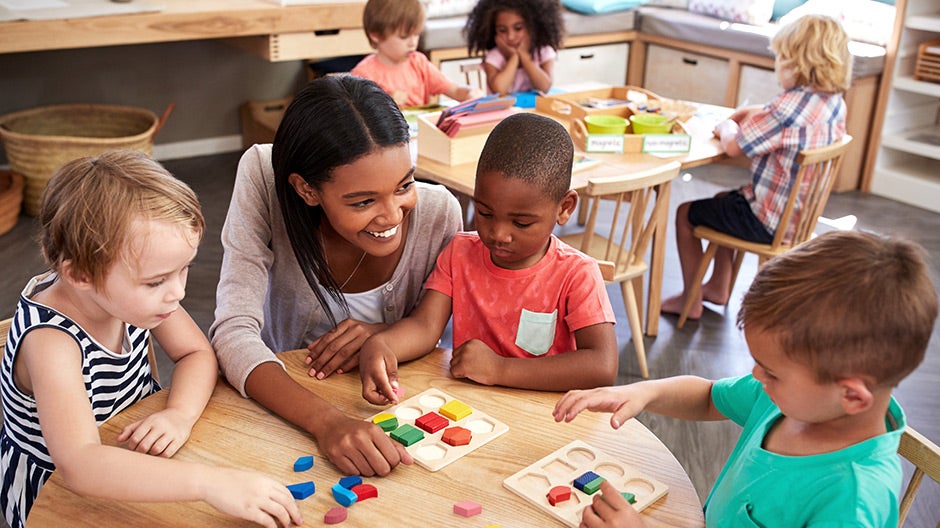
One of the best ways to get a good early childhood education is through quality daycare and preschool.
When they go to a high-quality daycare and preschool, kids build stable relationships, experience safe and stable environments, enjoy nutritious meals, and establish health-promoting behaviors. They also work on emotional well-being and literacy skills, creativity and curiosity, and executive functioning skills—all in a safe and dependable place.
These positive effects matter for all kids! It doesn’t matter if you work full-time and rely on daycare or send your child to preschool part-time because you want them to have more social experiences—high-quality formal early childhood education makes a difference for kids and can improve:
- Cognitive skills
- Social and behavior skills
- Language and math skills
- High school graduation rates
- Chances of not getting involved in the criminal justice system
- Adult health
- Lifelong earnings
Nurturing Early Childhood Education in Your Home
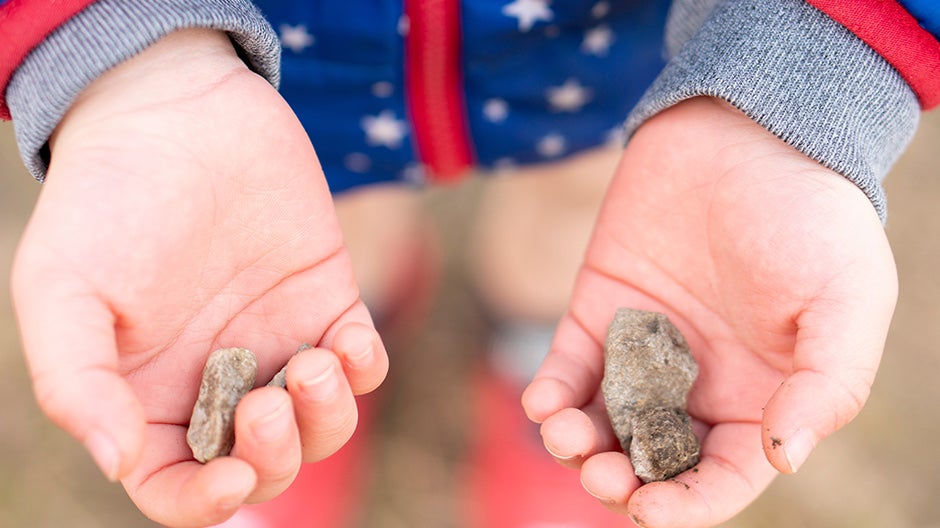
While formal education is helpful, it’s not all that matters. You have an enormous impact on your child’s early education—and you don’t have to follow a curriculum to do it!
As their primary caregiver, you create their first secure bond. This allows them to feel safe in their environment and courageous in their pursuit of what lies outside of it.
Beyond that, because you spend so much time with your child (and they’re so attuned to your interests in their early years), you have lots of chances to help them learn critical skills.
Great learning materials to have on hand include:
- Books
- Objects for outdoor play (like sticks, rocks, and shells)
- Toys for outdoor play (like chalk, balls, and bikes)
- Objects for indoor play (like pots and pans, laundry baskets, and tissue boxes)
- Toys for indoor play (like dress-up clothes, blocks, and puzzles)
- Art materials (like paper, tape, and kid-safe markers or paints)
Reading books, cooking, building with blocks, painting a picture, and going on nature scavenger hunts are a few everyday activities that help your child learn important skills. You can also work on:
- Phonemic awareness
- Emotional regulation
- Letter recognition
- Early math
- Sensory activities
- Learning shapes
- Teaching kindness
- Artistic expression
- Naming feelings
- Counting
And much, much more—all through simple activities and everyday play.
The Begin Approach to Early Childhood Education
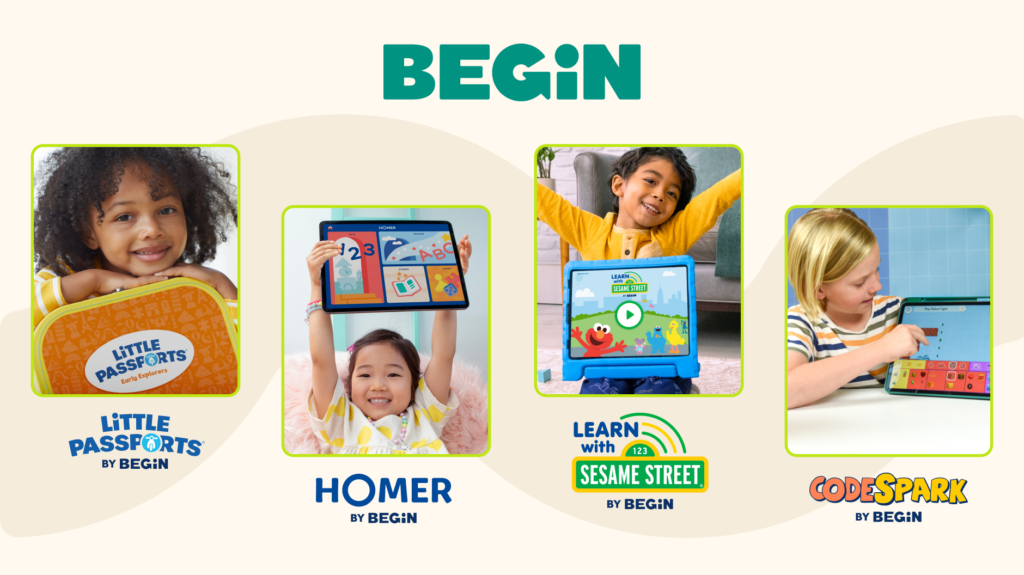
Doing early childhood education at home gives kids a head start when they enter a formal school system. They go into school with core academic and critical thinking skills, curiosity and the confidence to share it, comfort with expressing themselves creatively, and the social skills to build their character.
At Begin, we understand the importance of early childhood education, and we make it easy for parents.
Whether your child is learning with you, a daycare provider, or a teacher, Begin can help you (all of you!) build their capacity for learning. Our age- and stage-matched learning membership supports your child every step of the way.
Take our online quiz today to discover which stage of our membership is best for your family!
